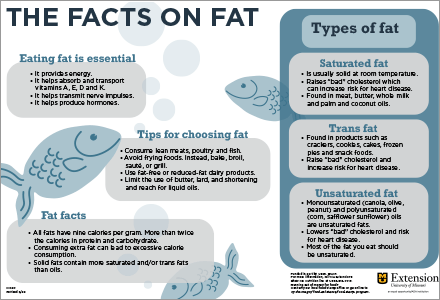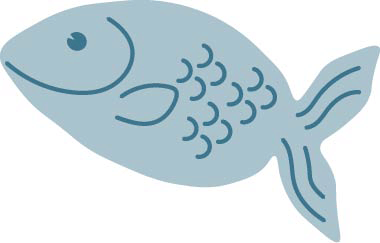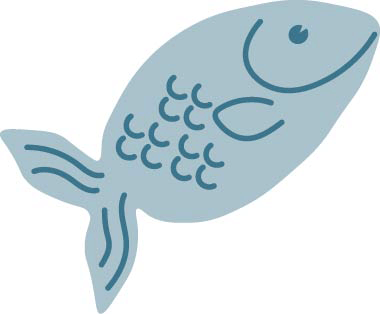Revised
Editor’s note
You can read this publication on this page or download the PDF.
See the companion publication N1010, The Facts on Fat Handout.

This poster explains how much dietary fat is recommended daily and provides a list of foods with healthy fats. It also discusses saturated fat and provides tips on limiting it.
The printed poster is 36-by-24 inches, printed in color on high-gloss poster stock, and rolled and shipped in a tube.
See poster content below.
The Facts on Fat
Types of fat

Saturated fat
- Is usually solid at room temperature.
- Raises “bad” cholesterol, which can increase risk for heart disease.
- Found in meat, butter, whole milk and palm and coconut oils.
Trans fat
- Found in products such as crackers, cookies, cakes, frozen pies and snack foods.
- Raise “bad” cholesterol and increase risk for heart disease.
Unsaturated fat
- Monounsaturated (canola, olive, peanut) and polyunsaturated (corn, safflower sunflower) oils are unsaturated fats
- Lowers “bad” cholesterol and risk for heart disease.
- Most of the fat you eat should be unsaturated.
Eating fat is essential
- It provides energy.
- It helps absorb and transport vitamins A, E, D and K.
- It helps transmit nerve impulses.
- It helps produce hormones.

Tips for choosing fat
- Consume lean meats, poultry and fish.
- Avoid frying foods. Instead, bake, broil, sauté or grill.
- Use fat-free or reduced-fat dairy products.
- Limit the use of butter, lard, and shortening and reach for liquid oils.
Fat facts
- All fats have nine calories per gram. More than twice the calories in protein and carbohydrate.
- Consuming extra fat can lead to excessive calorie consumption.
- Solid fats contain more saturated and/or trans fats than oils.